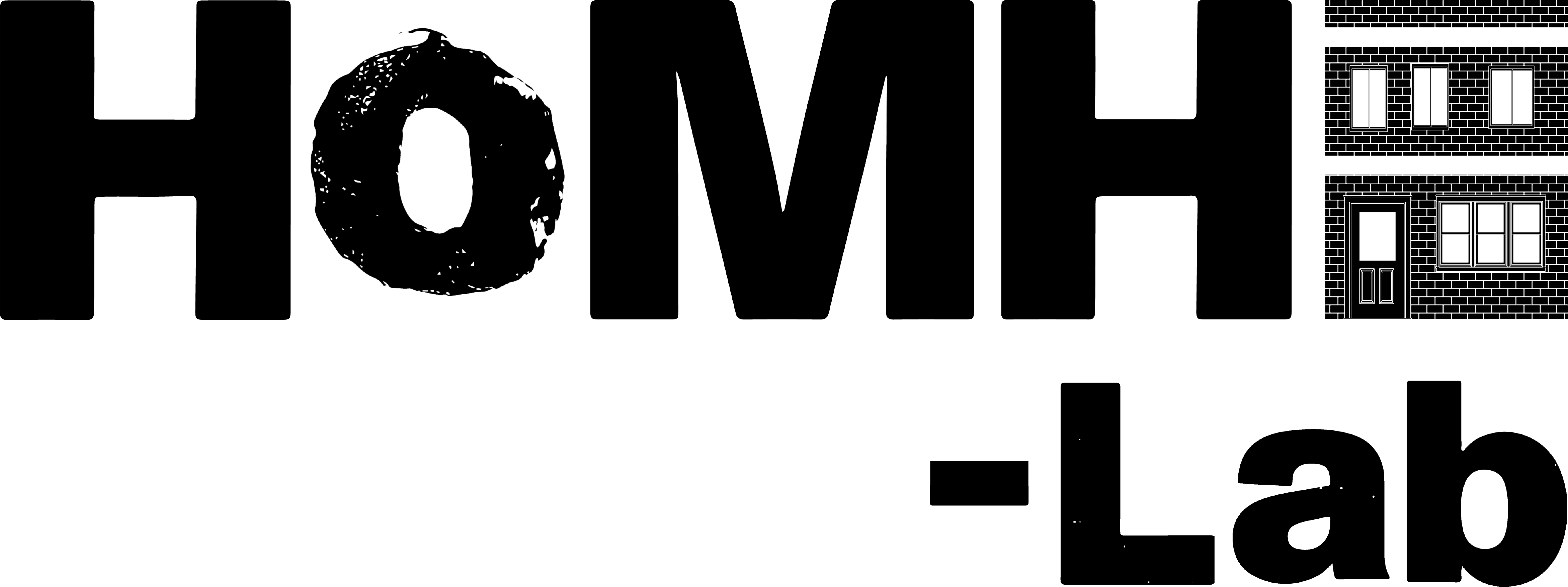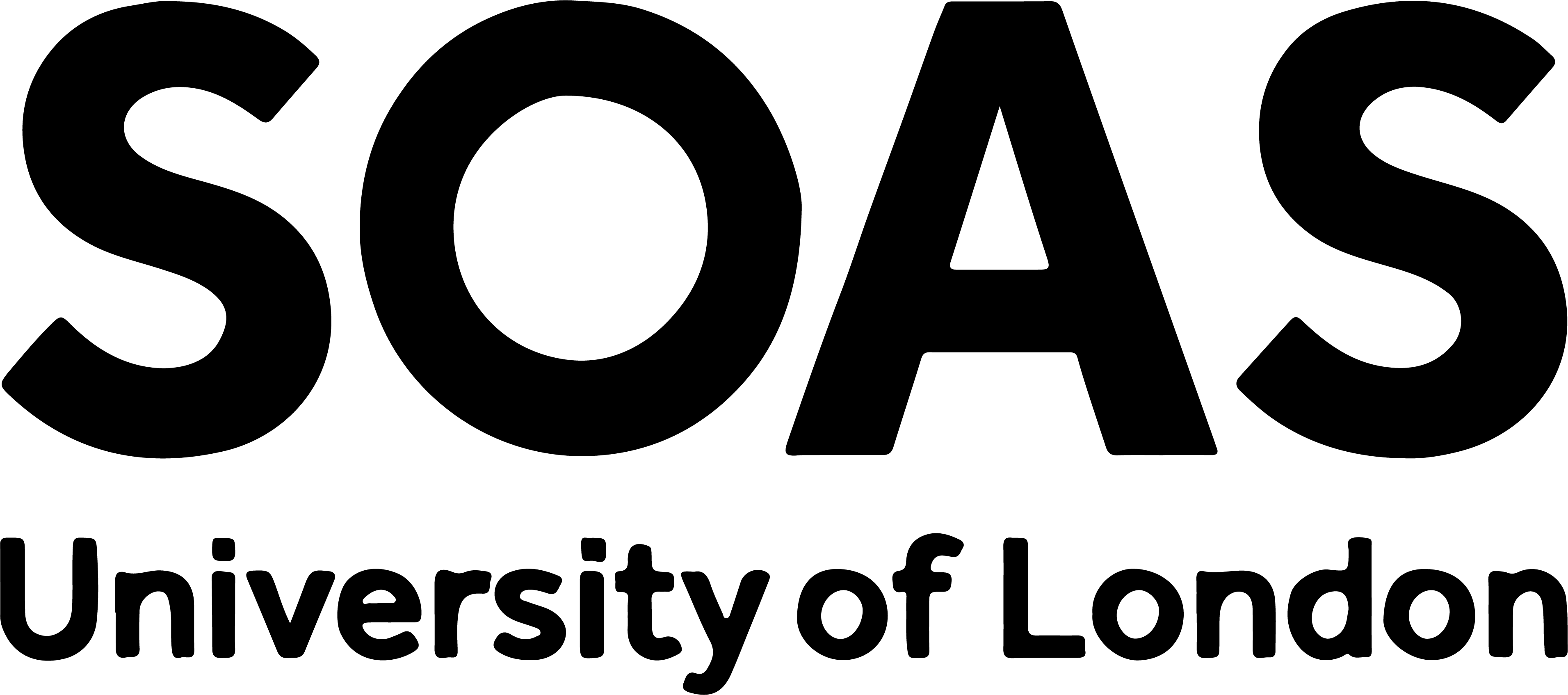Securitized trust: on the multiple guises of the UK policy agenda during the Covid-19 pandemic
Milena Wuerth | Elizabeth Storer | Nikita Simpson | Iliana Sarafian | Suad Duale
Location: United Kingdom
Year Published: 2024
Against the backdrop of the uncertainty that characterized the COVID-19
pandemic, trust emerged as a key term employed by public officials and
policymakers in the UK to represent the existence or dissolution of
state–society relationships. Despite its ubiquity, trust remained
ambiguous in its precise meaning and multiple in its usage. Through an
analysis of key policy documents published since the onset of the
pandemic, we look beyond the definition of trust to explore its various
roles in the UK policymaking at the national level. Drawing on the work
of Vivien Schmidt (2008, 2010), we bring attention to the relationship
between the cognitive (or instrumental) and normative (or valued-based)
functions of trust in contradicting domains of community and security.
We argue that the multiplicity of trust in policy discourse creates a
false unity across conflictual domains of the government agenda,
obfuscating the workings of an increasingly austere state. ‘Securitized
trust’, we propose, is produced when the language of trust is mobilized
through policies that work to enforce compliance with government
agendas, to monitor organizing at the community level, to manage
personal data, and to enhance policing.


